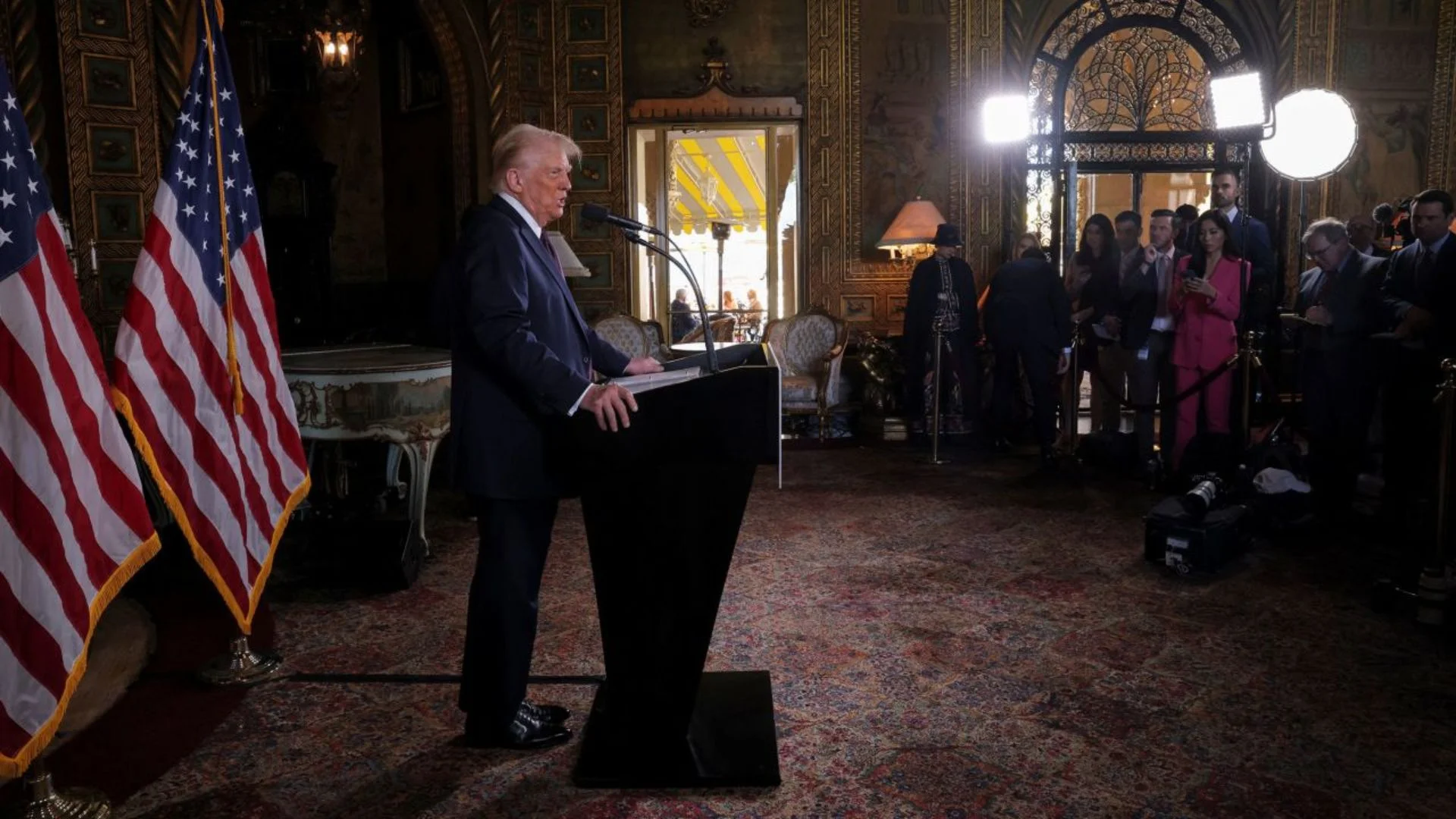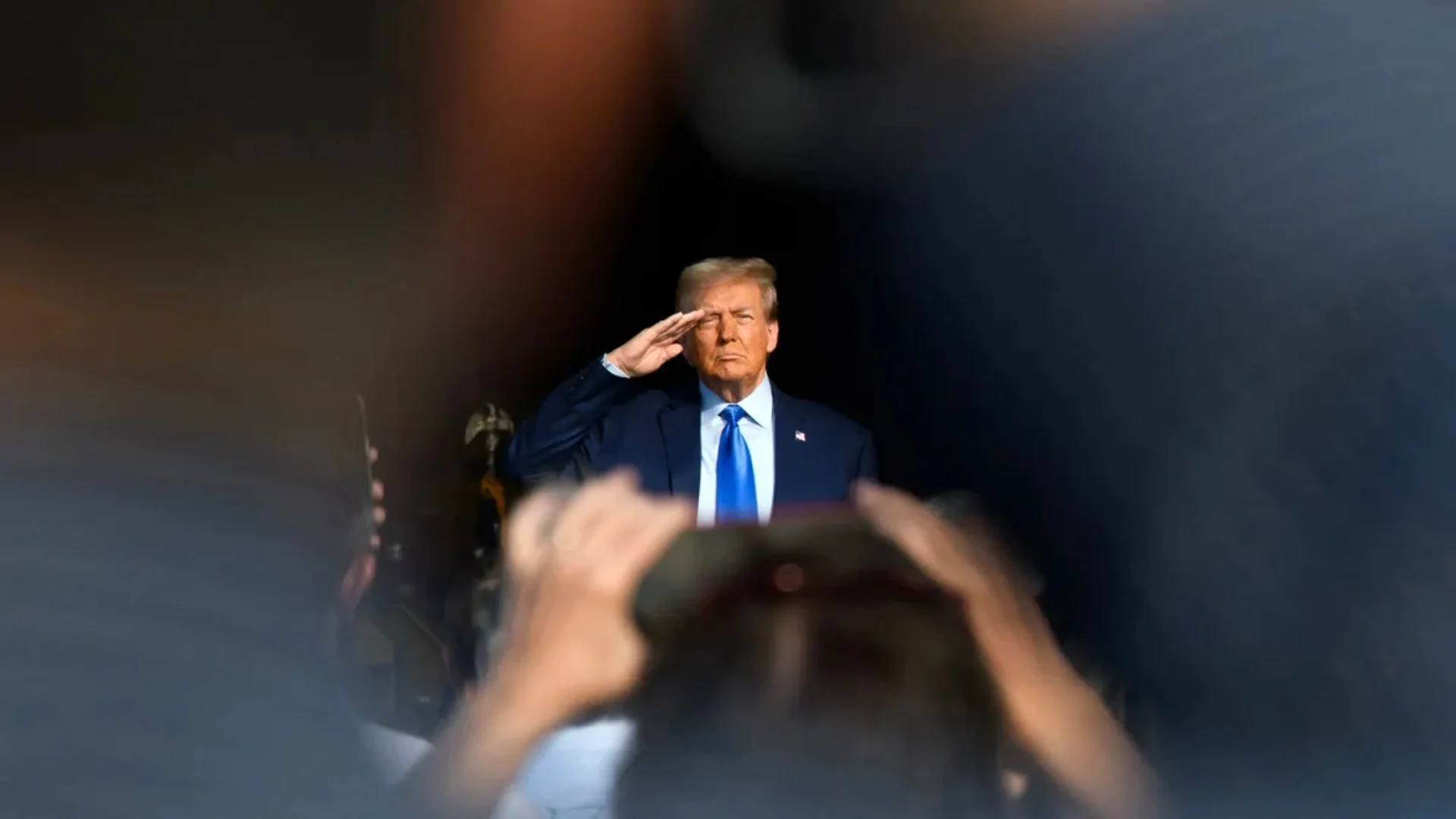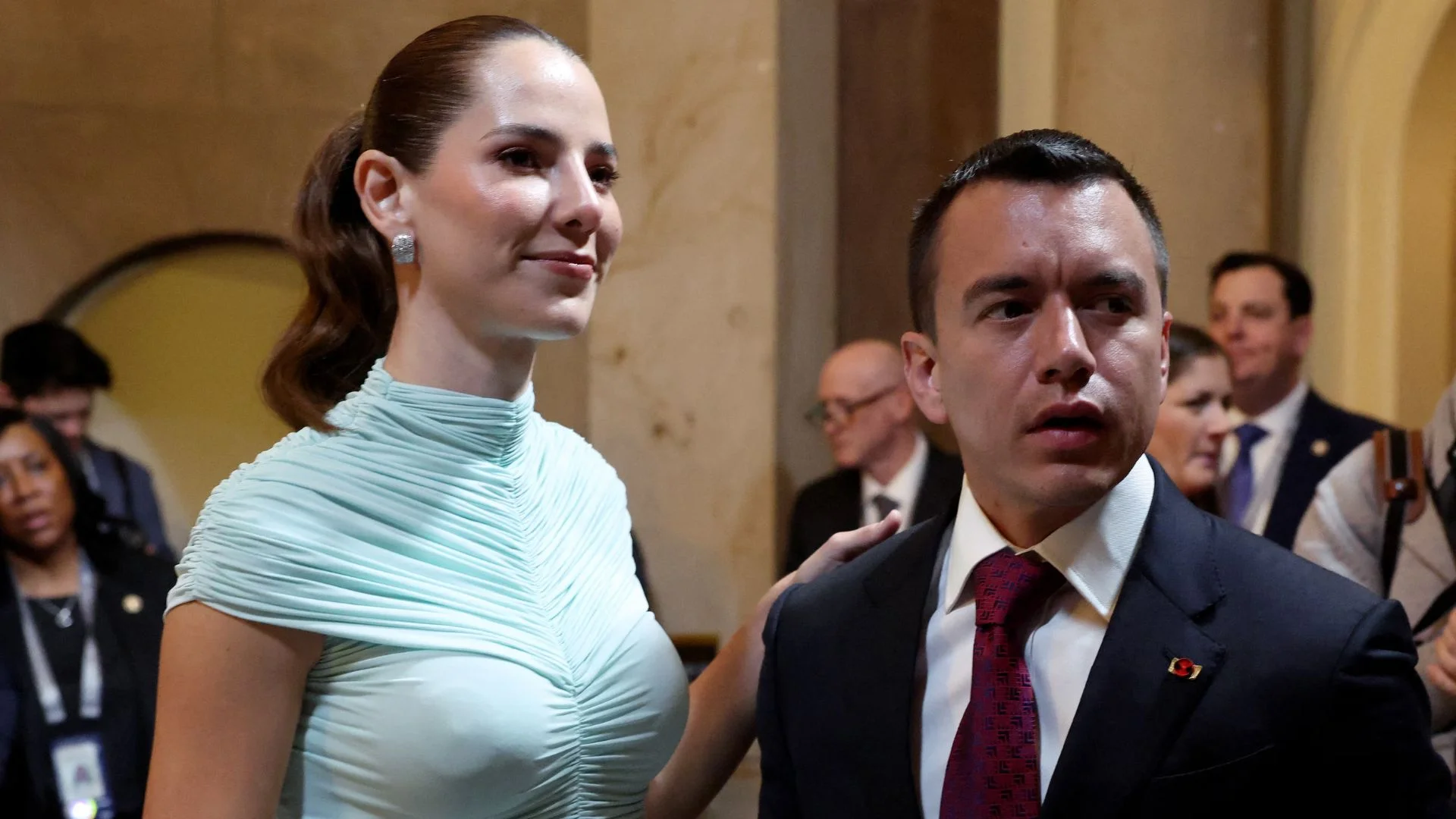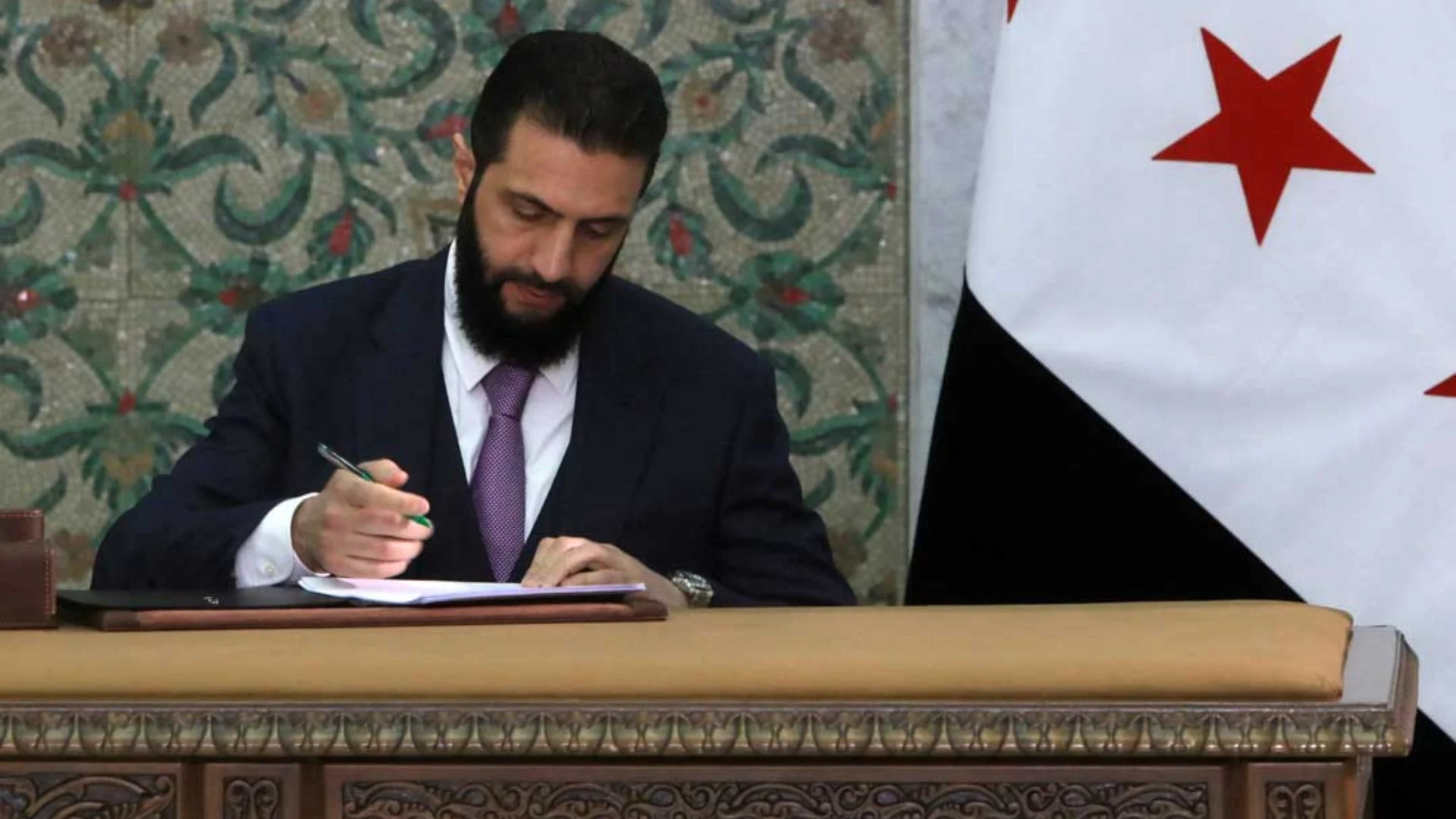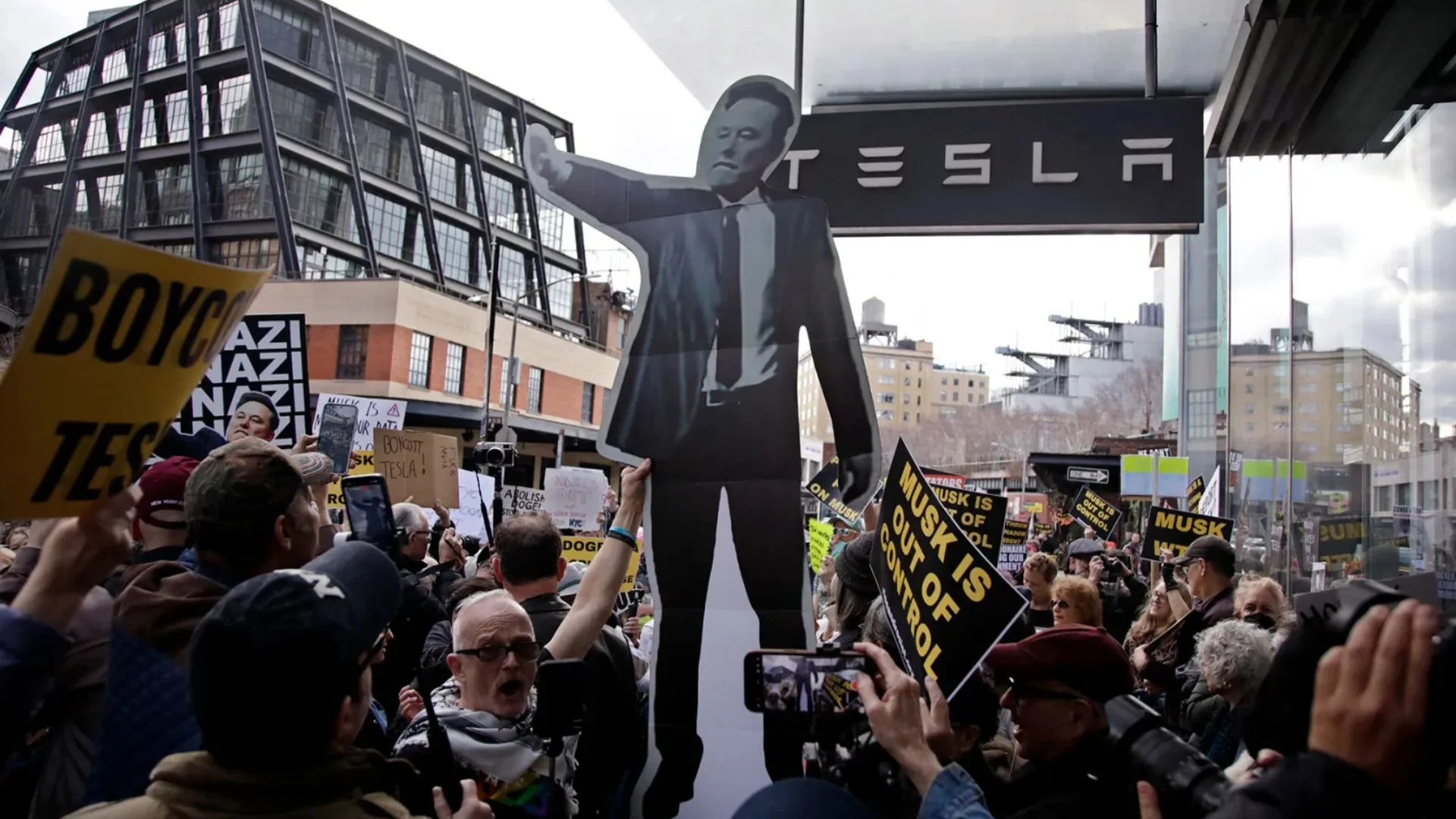US President Donald Trump signed an executive order on Wednesday to “combat antisemitism,” instructing federal agencies to deport resident aliens—including visa-holding students—who participated in pro-Palestinian protests deemed unlawful. The move follows months of Republican pressure to curb anti-Israel demonstrations on college campuses.
Key Provisions of the Order
- Federal agencies must identify civil and criminal laws to act against antisemitic incidents.
- The Department of Justice (DOJ) will investigate pro-Hamas graffiti, intimidation, and campus harassment.
- Colleges are required to monitor and report foreign students engaging in activities violating US laws.
- Deportation actions will be taken against non-citizen students involved in such acts.
Impact on International Students
The order specifically instructs the State Department, Education Department, and Homeland Security to ensure that universities report student visa holders involved in protests. Institutions are expected to familiarize themselves with grounds for visa ineligibility under 8 U.S.C. 1182(a)(3) and notify authorities accordingly.
Republican Pressure and Political Context
For months, Republicans have called for penalties against universities allowing pro-Palestinian demonstrations. Trump has previously threatened to strip federal funding from institutions perceived to tolerate anti-Israel protests.
In October 2023, Republican lawmakers pushed for:
- Cutting billions in federal funding from top universities.
- Revoking accreditation from institutions failing to act against protests.
Last week, Trump also signed an order to bar entry or deport foreign nationals suspected of supporting designated terrorist groups.
Concerns Over Free Speech & Immigration Policy
Critics argue that the order could:
- Suppress free speech by targeting political dissent.
- Create fear among international students, discouraging open discourse.
- Lead to wrongful deportations without due process.
What’s Next?
Federal agencies have 60 days to submit reports with recommendations for implementing the order. Meanwhile, legal challenges may arise over potential violations of free speech and due process rights.


